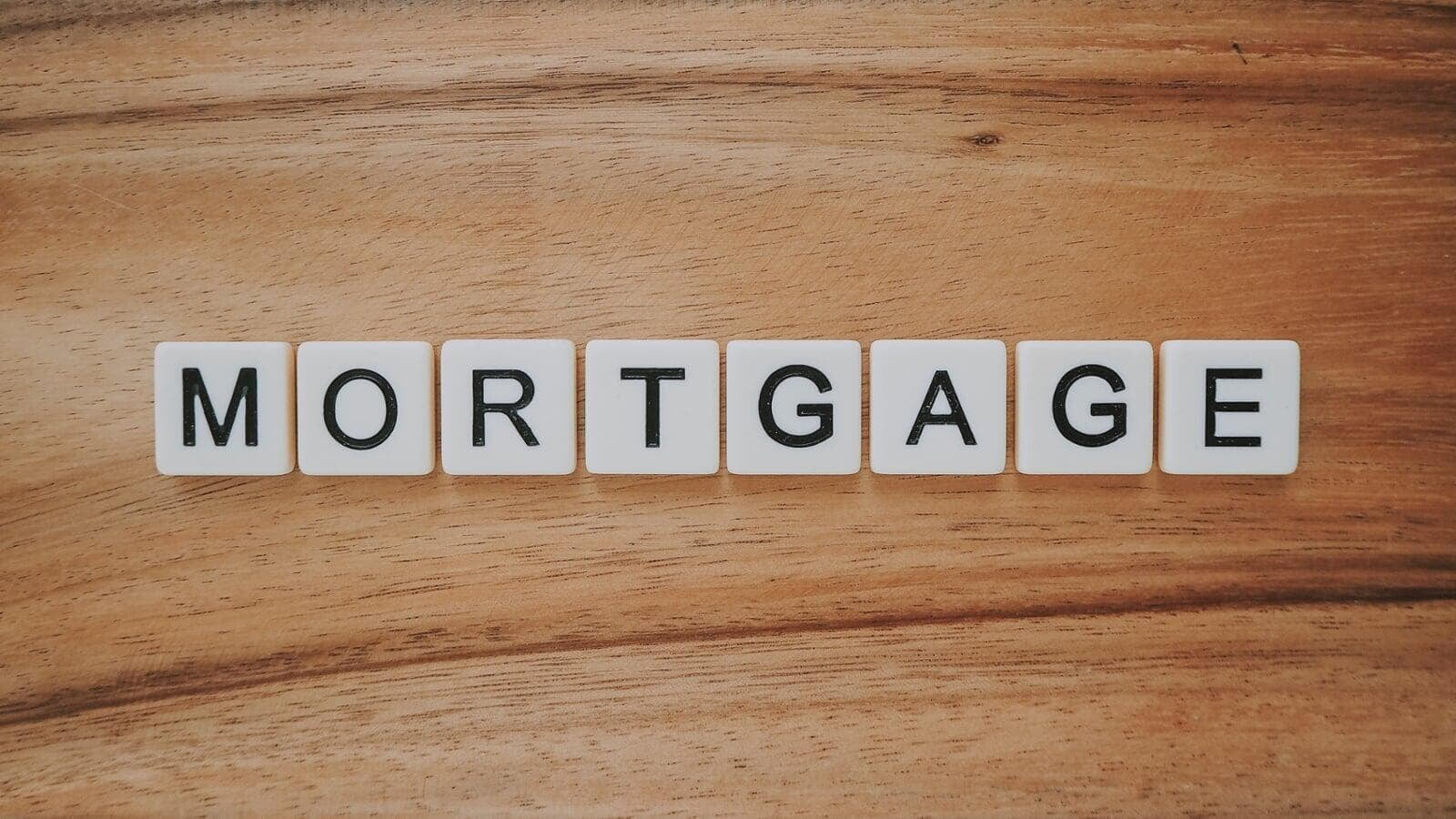
Given that the average home loan in Australia is $570,249, it's unsurprising that most people need a home loan to finance their property purchases. As such, securing the right property financing arrangement is critical to a successful investment. To help you out, we break down exactly what you need to know about mortgage loans in Australia below.
IT'S IMPORTANT TO BE PREPARED
Getting the right deal on a home loan means investing time and doing research into sourcing the best options available—which is why over 50% of Australians are now turning to mortgage brokers or investment specialists for mortgage advice, according to the Mortgage & Finance Association of Australia. The process for applying for home loans can be complex, but it's in the buyer's best interest to understand the full range of loan options available to them. Investors should be actively building their property investment education as well, which includes educating themselves on home loan procedures and choosing the right property for their needs.
REGULATORS
The financial regulator for Australia is the Australian Prudential Regulation Authority (APRA). They supervise financial institutions including banks and ensure that these institutions act fairly towards customers. Additionally, any lender must be registered with ASIC, or the Australian Securities and Investments Commission. APRA investigates allegations of financial misconduct or fraud, such as the ongoing Banking Royal Commission Investigation. Those seeking a mortgage in the near future should be aware that the financial advice offered by institutions, and lending criteria, are changing, and it's likely to affect the interest rates offered by banks. Buyers should seek financial advice before applying for a mortgage to ensure they are fully up-to-date with any regulatory changes.
BEFORE APPLYING
Before looking for a mortgage, there are a few steps to take:
- Save as much of a deposit as possible.
- Being honest about what is affordable.
- An income and expenditure check.
Doing these things allows you to analyse your situation and properly determine how much you can afford and which type of loan you should go for. It is then time to see what options are available. It's perfectly possible—and often a good idea—to secure approval for a mortgage before offering on a property.

COMMON HOME LOAN OPTIONS
Although there are numerous home loans available, and lending criteria are updated all the time, these are the standard loan types available:
- Variable Rate Loans: Monthly repayments vary depending on the Reserve Bank of Australia's fluctuating interest rates.
- Fixed Rate Loans: Interest rate is set for a period of 1-5 years.
- Interest-only Loans: Popular with investors, only the interest rate is paid, not the principal sum, for a fixed number of years.
- Investment Loans: Borrowing what is needed to purchase a property with the view of making a future profit.
Knowing which option is right depends on a buyer's circumstances. As such, if you’re planning to get a home loan, it’s important to first assess your situation, financial capability, and goals.
APPLYING FOR A HOME LOAN
Any Australian looking for a mortgage must provide supporting documentation such as:
- Tax returns
- Proof of address
- Proof of identity
- Credit report
- Income evidence
These requirements are important as they give lenders an idea of how “attractive” you are in terms of your capability to pay back the loan and, consequently, whether or not your application should be approved.
AWAITING APPROVAL AND ASSOCIATED COSTS
Borrowers will generally be offered the home loan in principle, which means that it's subject to a few conditions, such as making sure they're not paying above market value for a property. Loan approvals typically expire after 6-12 months, so the property search should not be significantly delayed. There are also several fees you have to consider aside from the monthly repayments when getting a loan. These include (but are not limited to) application costs (also called start-up or set-up fees and can range between from $100 to $700, depending on the loan amount), valuation fees (which are typically between $100 and $300, depending on the property’s location), and legal costs (which can cost you at least $100).
HOW CALLA PROPERTY CAN HELP
It’s always wise to seek property insights and property investment tips before choosing a loan and purchasing an investment property. We at Calla Property specialise in selecting the best property for your situation and investment strategy. This is done through extensive research and years of experience, so you can rest assured you’re presented with the right property for your goals. Contact us today so we can start helping you build your wealth and dreams with property investment. Disclaimer: No part of the information or calculations here are intended as advice. This is for general information purposes only.